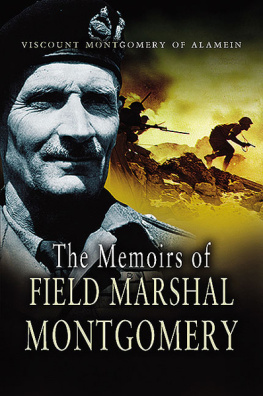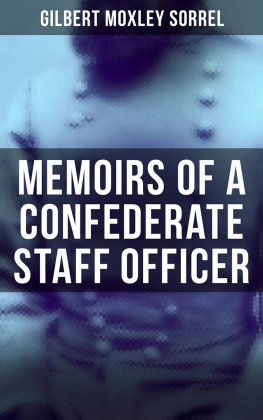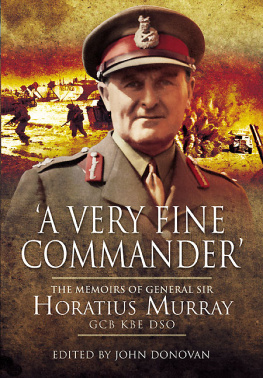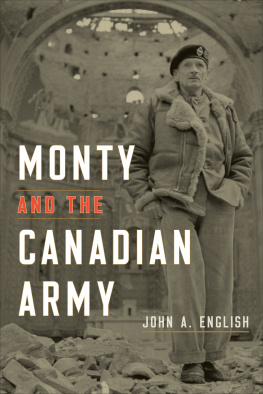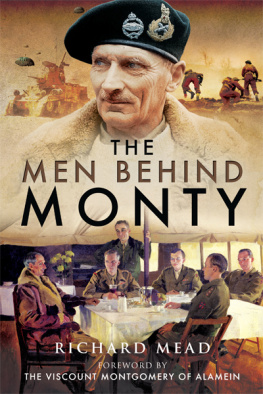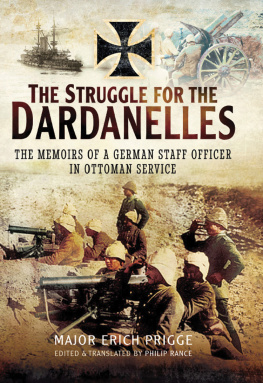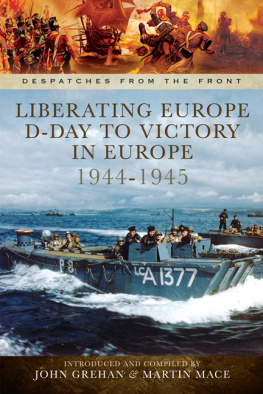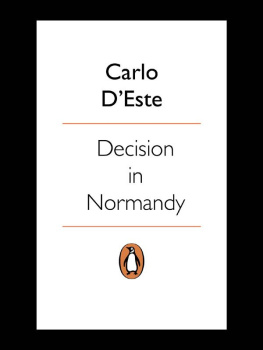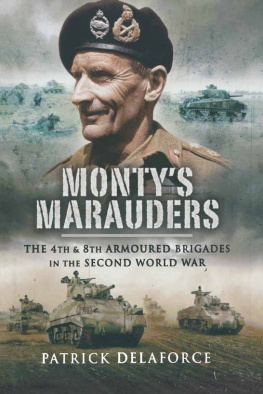
First published in Great Britain in 1958 by Collins Clear-Type Press,
reprinted in 2005, again in 2007 by
Pen & Sword Military
An imprint of
Pen & Sword Books Ltd
47 Church Street
Barnsley
South Yorkshire
S70 2AS
Copyright Bernard Law, Viscount Montgomery of Alamein, 1958
Viscount Montgomery, 2005, 2007
ISBN 1 84415 330 4
PRINT ISBN: 9781844153305
EPUB ISBN: 9781844683574
PRC ISBN: 9781844683581
The right of Viscount Montgomery to be identified as the Proprietor of this Work has been
asserted by him in accordance with the Copyright, Designs and Patents Act 1988.
A CIP catalogue record for this book is
available from the British Library
All rights reserved. No part of this book may be reproduced or transmitted in any form or by any
means, electronic or mechanical including photocopying, recording or by any information storage
and retrieval system, without permission from the Publisher in writing.
Printed and bound in England
By CPI UK
Pen & Sword Books Ltd incorporates the Imprints of Pen & Sword Aviation,
Pen & Sword Maritime, Pen & Sword Military, Wharncliffe Local history, Pen & Sword Select,
Pen & Sword Military Classics and Leo Cooper.
For a complete list of Pen & Sword titles please contact
PEN & SWORD BOOKS LIMITED
47 Church Street, Barnsley, South Yorkshire, S70 2AS, England
E-mail:
Website: www.pen-and-sword.co.uk
Yet man is born unto trouble, as the sparks fly upward
J OB 5,7
Contents
The letters from Bernard Shaw are reproduced by permission of the Public Trustee and the Society of Authors
Maps and Diagrams
These appear at the start of the relevant page plate section
After page 160
After page 352
List of Photographs
After page 160
After page 352
24. Crossing the Seine at Vernon by a pontoon bridge, 1st September, 1944 [Imperial War Museum]
Foreword
T HIS BOOK does not owe its inception to any personal inclination to authorship, or to any wish to achieve further publicity. I write it because of many suggestions that such a book of memoirs is needed. I aim to give to future generations the impressions I have gained in a life that has been full of interest, and to define the principles under which I have considered it my duty to think and act.
Every word of the book was written in the first instance in pencil in my own handwriting. That being done, and the chapters typed in turn, they were read by three trusted friends whose opinions I value. The chapters were re-drafted by me in the light of their comments and suggestions. Finally, the complete book was read through by the same three, for balance and accuracy.
Chief among the three was Brigadier E. T. Williams, Warden of Rhodes House, Oxfordfrequently referred to in the book as Bill Williams. I owe him a great debt of gratitude for the time he gave to reading and comment.
Next was Sir James Grigg, also referred to in the book; his comments and suggestions were invaluable. And last was Sir Arthur Bryant; this great historian gave much of his time to reading the chapters.
To these three I extend my grateful thanks.
I am grateful to those who typed the chapters and helped in organising the maps and photographs. Again, I extend my gratitude for permission to publish extracts from letters and books, and I apologise in any case where such permission has been overlooked.
I recogniseby the quotation which is at the beginning of this bookthat I have often been a controversial figure. But my thoughts, actions, mistakes have been but human. Throughout my life and conduct my criterion has been not the approval of others nor of the world; it has been my inward convictions, my duty and my conscience. I have never been afraid to say what I believed to be right and to stand firm in that belief. This has often got me into trouble. I have not attempted to answer my critics but rather to tell the story of my long and enjoyable military life as I see it, and as simply as possible. Some of my comrades-in-arms of the Second World War have told their story about those days; this is mine.
I have tried to explain what seems to me important and to confine the story to matters about which my knowledge is first-hand. Whatever the book may lack in literary style, it will therefore have, it is my hope, the merit of truth.

F.M.
Isington Mill,
Alton, Hampshire
September 1958
CHAPTER 1
BOYHOOD DAYS
I WAS born in London, in St. Marks Vicarage, Kennington Oval, on 17th November 1887.
Sir Winston Churchill in the first volume of Marlborough, His Life and Times wrote thus about the unhappy childhood of some men: The stern compression of circumstances, the twinges of adversity, the spur of slights and taunts in early years, are needed to evoke that ruthless fixity of purpose and tenacious mother-wit without which great actions are seldom accomplished.
Certainly I can say that my own childhood was unhappy. This was due to a clash of wills between my mother and myself. My early life was a series of fierce battles, from which my mother invariably emerged the victor. If I could not be seen anywhere, she would sayGo and find out what Bernard is doing and tell him to stop it. But the constant defeats and the beatings with a cane, and these were frequent, in no way deterred me. I got no sympathy from my two elder brothers; they were more pliable, more flexible in disposition, and they easily accepted the inevitable. From my eldest sister, who was next in the family after myself, I received considerable help and sympathy; but, in the main, the trouble had to be suffered by myself alone. I never lied about my misdeeds; I took my punishment. There were obvious faults on both sides. For myself, although I began to know fear early in life, much too early, the net result of the treatment was probably beneficial. If my strong will and indiscipline had gone unchecked, the result might have been even more intolerable than some people have found me. But I have often wondered whether my mothers treatment for me was not a bit too much of a good thing: whether, in fact, it was a good thing at all. I rather doubt it.
I suppose we were an average Victorian family. My mother was engaged at the age of fourteen and married my father in July 1881, when she was scarcely out of the schoolroom. Her seventeenth birthday was on the 23rd August 1881, one month after her wedding day. My father was then Vicar of St. Marks, Kennington Oval, and my mother was plunged at once into the activities of the wife of a busy London vicar.
Children soon appeared. Five were born between 1881 and 1889, in which year my father was appointed Bishop of Tasmaniafive children before my mother had reached the age of twenty-five. I was the fourth. There was then a gap of seven years, when two more were born in Tasmania; then another gap of five years still in Tasmania, when another boy arrived. The last, my youngest brother Brian, was born after we had left Tasmania and were back in London.
So my mother bore nine children in all. The eldest, a girl, died just after we arrived in Tasmania, and one of my younger brothers died in 1909 when I was serving with my regiment in India. That left seven, and all seven are alive today.
As if this large family was not enough, we always had other children living with us. In St. Marks Vicarage in Kennington were three small boys, distant cousins, whose parents were in India. In Tasmania, cousins arrived from England who were delicate and needed Tasmanian air. In London after our return from Tasmania, there was always someone other than ourselves.
Next page
